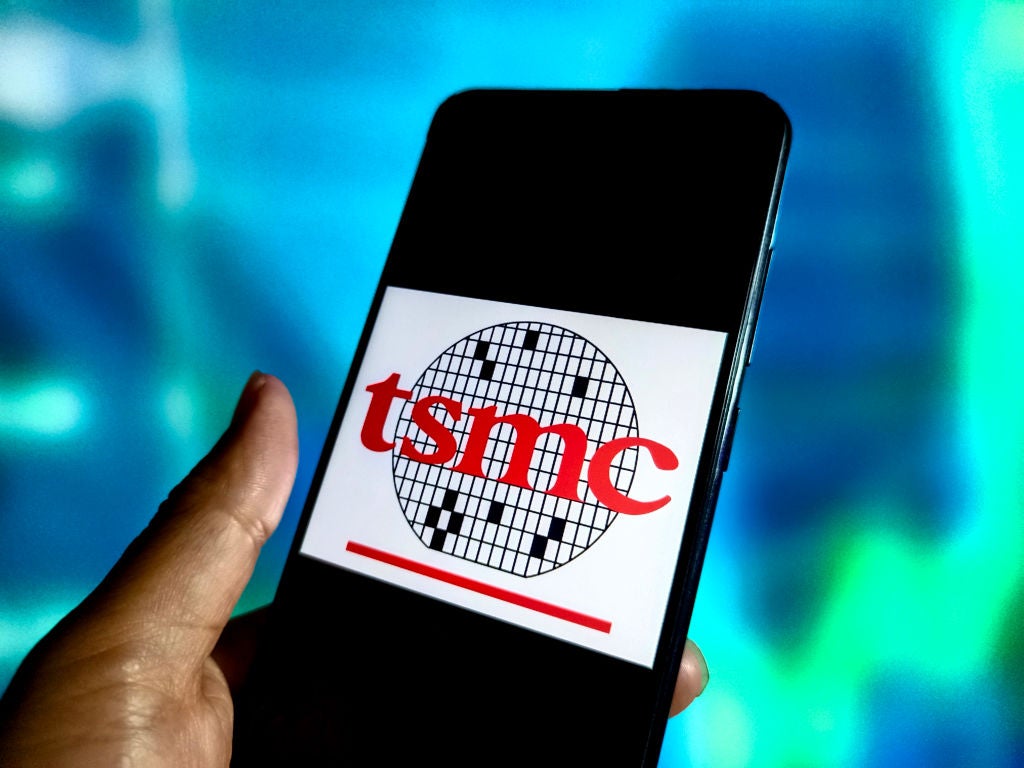DHL has acquired a minority stake in its strategic partner company Link Commerce. The acquisition supports DHL’s commitment to growing e-commerce in Sub Saharan Africa (SSA) by expanding its e-commerce platform – DHL Africa eShop.
The platform, launched in 2019, is currently live in 34 countries across SSA. It was developed in partnership with Link Commerce and offers African consumers access to international retailers and enables them to shop directly from over 200 US and UK based online retailers, with purchases delivered directly to their door.
According to Hennie Heymans, CEO of DHL Express sub-Saharan Africa, the acquisition shows DHL’s ambition of growing the eShop offering globally, and the company intends to work on the scalability of the platform when the opportunity arises.
From e-commerce site to B2B solutions provider
Link Commerce is a turn-key e-commerce company which offers white-label B2B solutions for those who want to engage in online sales in emerging markets of SSA. Retailers can plug into the Link Commerce platform to create a web-based storefront that manages payments and logistics.
With the DHL investment, Link Commerce expects to expand its B2B offer faster by leveraging the extensive shipping network DHL has built globally.
Link Commerce grew out of a digital-retail startup MallforAfrica.com, founded in Nigeria in 2011, in order to bridge a gap in supply and demand for the African consumer markets. Its founder, Chris Folayan, aimed to create the possibility for people on the continent to purchase goods from global retailers directly online, instead of giving lists of goods to family members abroad to buy and bring home.
How well do you really know your competitors?
Access the most comprehensive Company Profiles on the market, powered by GlobalData. Save hours of research. Gain competitive edge.

Thank you!
Your download email will arrive shortly
Not ready to buy yet? Download a free sample
We are confident about the unique quality of our Company Profiles. However, we want you to make the most beneficial decision for your business, so we offer a free sample that you can download by submitting the below form
By GlobalDataThe e-commerce site now expanded to include over 250 global retailers and employs 30 people at order processing facilities in Oregon, US and the UK.
The e-commerce market in SSA is expected to surge
Although the e-commerce market in SSA has been largely overlooked by international retailers in the past, it currently offers opportunities for global trade growth. While the percentage of e-commerce sales within total retail sales is relatively low, comparing to international standards, and in some countries online shopping is still a novelty, growth in the near future is expected to increase greatly, creating opportunities for online business.
According to the United Nations Conference on Trade and Development (UNCTAD) report, the number of online shoppers in Africa surged annually by 18% since 2014. The rapid Internet penetration through smartphones over the past decade largely contributed to the growth of Africa’s e-commerce.
Furthermore, the payments services architecture is evolving in response to changing customer expectations and technology, offering a range of disruptive payment models enabling more people, even without a bank account, to take part in online shopping.
Buying behaviors and product mixes have evolved
Online buying behaviors and product mixes have evolved quite significantly since the onset of Covid-19. With brick-and-mortar retailers in many regions operating at reduced capacity, consumers are turning to online shopping to acquire the goods they need.
Some of the most popular items shoppers look for online now, include productivity and communications devices to support remote working, home and kitchen appliances, entertainment gadgets and health related products, in addition to the historic orders of fashion and beauty products.
Consumer interests have also shifted towards goods that are harder to source locally. Basket sizes are also increasing, as shoppers seek to get all of what they need immediately, rather than to space out their orders.
Competition in SSA e-commerce is low at the moment. Alibaba has talked about African expansion, but has not entered in full yet. Amazon offers limited e-commerce sales on the continent and recently started offering Cloud Computing Services.








Related Company Profiles
Amazon.com Inc